Drama about emulators on the App Store has only just begun
The weekend drama surrounding emulation on the App Store isn't the first one, and it won't be the last. Here's what you need to know about emulators in the App Store and the complexities surrounding them.
To make a long weekend saga short, a developer released a GameBoy Advance emulator called iGBA onto the App Store. However, this was, in essence, a clone of GBA4iOS and the follow-on Delta. The latter of which has already been approved for distribution in the European Union.
Apple let it sit for a few days, seemingly unaware of the situation — until it gained media attention. Then, on Sunday, Apple killed it with vague reasoning about copyright violations and advertising spam at the time.
As with anything involving Apple and the App Store, beyond the short-term drama, the story is complex.
Is emulation legal?
This is not a treatise on the legalities of emulation. If you need that, stop reading this, and consult a lawyer.
Companies like Nintendo have been trying to stomp out every emulator for a long time, and even Apple has historically had issues with the concept.
Regardless, in the United States, the short answer to the "is emulation legal" question is "yes." This is, of course, assuming you aren't using the emulated hardware's original source code to do the emulation.
For the fellow olds reading, this is what ultimately felled Connectix Virtual Game Station. In 1999, Steve Jobs highlighted the title at MacWorld to promote the then-new iMac G3. It ran PlayStation games at full speed on that machine and was impressive at the time — and importantly contained the BIOS of a PlayStation.
Sony didn't like it. They promptly sued Connectix for copyright infringement over the inclusion of that BIOS.
The suit ultimately resulted in Sony buying Virtual Game Station from Connectix and immediately killing it. And, as a historical note, Virtual PC was sold to Microsoft.
The weekend saga isn't quite that, of course. The legal perils remain.
BIOS files, ROMs, and the Internet
Emulators generally use BIOS files from the emulated console or computer. Software for the emulators is held in ROM files or disk images.
We don't generally use an acronym without spelling it out first, but in this case, the acronym is the widely accepted term. BIOS stands for "Basic Input Output System" and is at the core of how hardware — or an emulator of that hardware — behaves and deals with the boot process.
BIOS is generally proprietary to the manufacturer. The companies who made the BIOS in the first time generally take a dim view of distribution. And, as we said before, BIOS distribution was the main legal issue behind the Virtual Game Station legal saga from a quarter-century ago.
ROM files are bit-for-bit dumps of what is contained on a game cartridge, which are typically read-only. Several flavors of Atari, Nintendo, or Sega consoles had cartridges. For classic computing, there are also disk images of CDs or DVDs and even floppy disks.
What is not legal is the distribution and use of these ROM, console BIOS files, or software images on the Internet if you are not the rights holder. Even ancient consoles or computers are legally protected — even if perhaps the corporate ownership of that Commodore 64 game from days gone by is now murky.
It's legal to dump your own BIOS files from consoles you own and make ROM files from games you own. It's not legal to get these from other sources and use them.
If you've come here from a Google search, we're not going to tell you where to find these files.
Apple's stance on emulators in the App Store
For a long time, Apple has had a stance about prohibiting arbitrary code from running on an iOS device — and emulation certainly counts. Likely under pressure from regulators, this appears to be changing step by step.
This is where the drama comes in. Going back to that weekend's decision to kill iGBA, "Copyright violations" could easily have been construed as the ability to run user-provided ROM files.
However, on Monday, April 15, the company responded to questions about it. They said to multiple venues, including AppleInsider, that the removal was, in essence, because it was a clone of GBA4iOS and Delta and not about the app's ability to load user ROM files.
But we ultimately still don't know what Apple will do about emulators in the long-term. Apple was vague about user-loaded files in its discussion with the media today.
Are BIOS files okay to upload by a user, given the legal protections on them? How about software, given that you have to own it, to use it.
Unfortunately, that vagueness leaves a lot of wiggle room for Apple to approve or deny emulators in the US App Store.
The release that discussed it earlier in April also provided some vague guidance, most of which didn't apply to the weekend saga. Most notably for the future, one App Store rule requires all emulator vendors to comply with all applicable laws.
This feels like a hammer Apple can use to smite any emulator it deems objectionable for reasons known only to itself and its cadre of lawyers. Another is that Apple is specific about classic games in emulators — without specifying what that means.
Two key tests to watch are what Apple does about Nintendo emulation, as the Mario maker is famously litigious versus emulator creators. Perhaps a better test of all this would be if Apple allowed Sheepshaver, MinivMac, Qemu, Basilisk II, or other packages that emulate old Apple hardware to show up in the App Store.
The cutoffs for what is considered classic or retro versus modern will be key, and they will probably only be determined in real-time by what makes the cut and what doesn't.
 Mike Wuerthele
Mike Wuerthele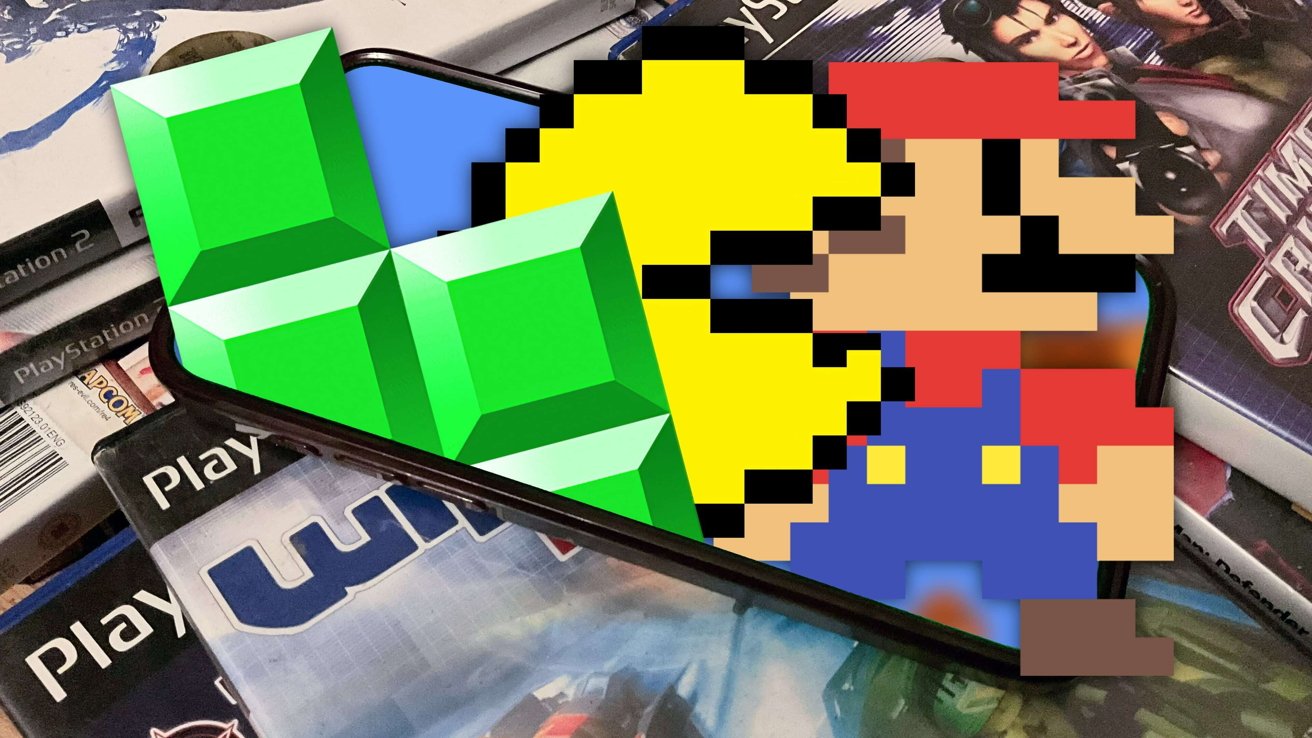
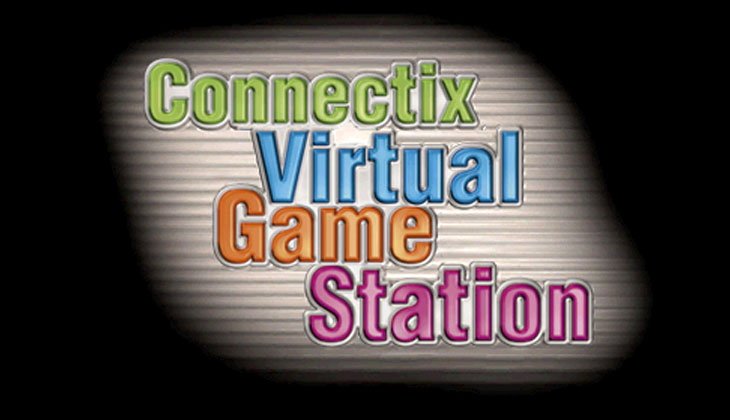
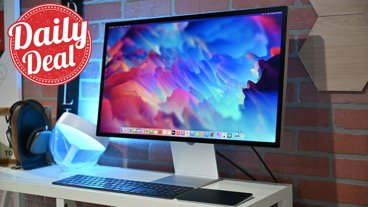

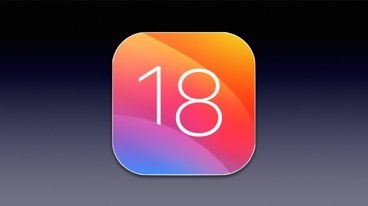
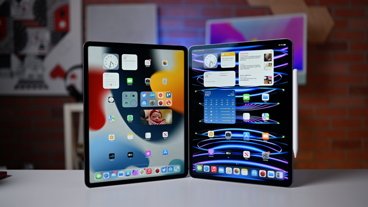









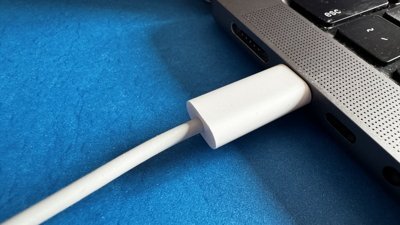
 Andrew Orr
Andrew Orr

 Mike Wuerthele and Malcolm Owen
Mike Wuerthele and Malcolm Owen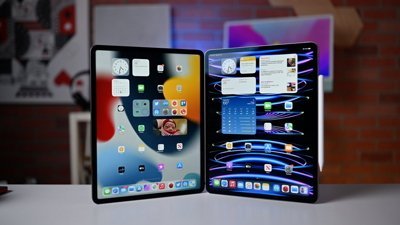

 Andrew O'Hara
Andrew O'Hara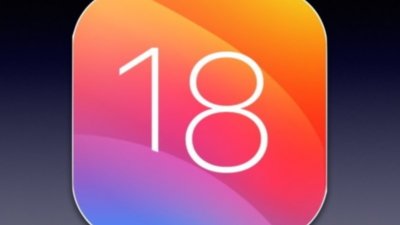
 Charles Martin
Charles Martin
 Malcolm Owen
Malcolm Owen
 William Gallagher
William Gallagher






7 Comments
I’ll keep my 3DS.
I'll keep my Atari 800 and Nintendo 64. Yes, they are still in a box in my basement.
Emulators? Just goes to show how misguided the current regulatory trends are around the world. Consumer access to emulators isn't a key to anything...economic, competitive or otherwise.